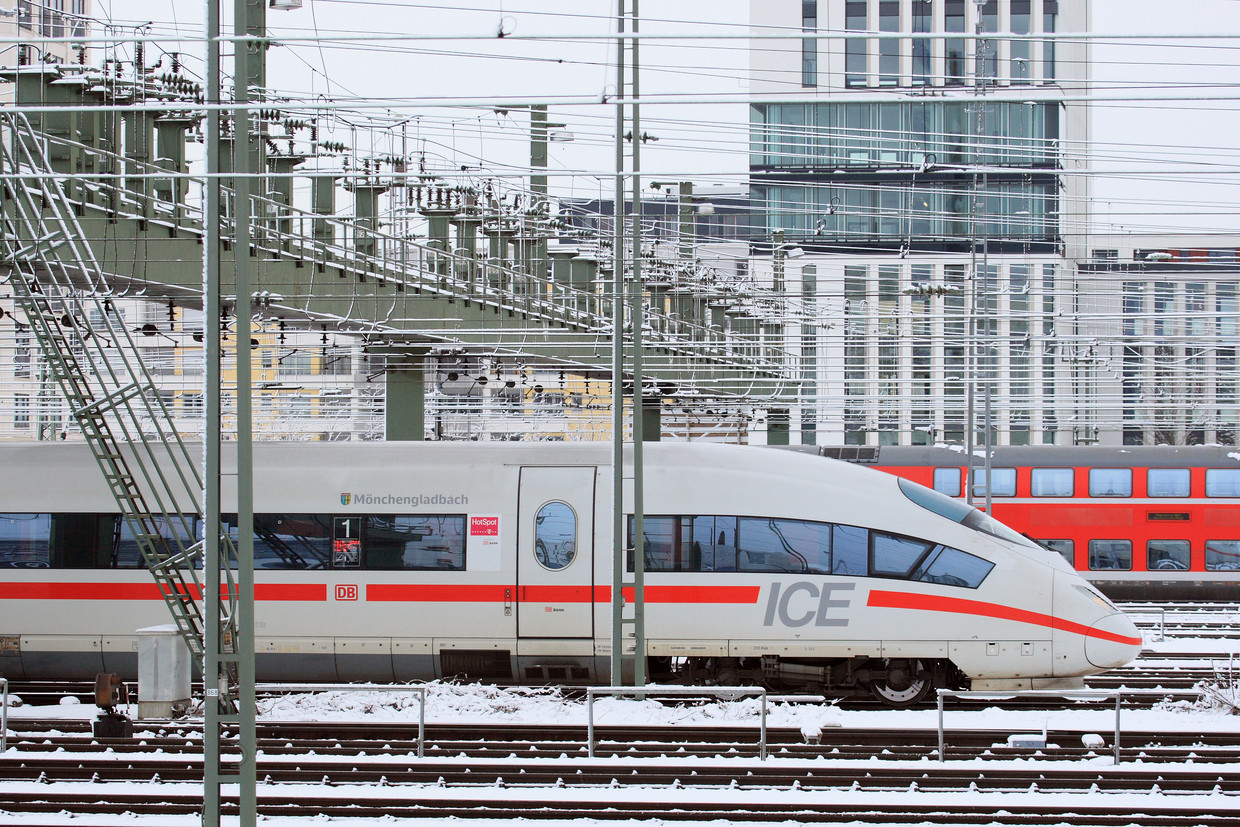Rail vehicle heating and cooling systems both produce greenhouse gas emissions. In Germany, some 24 tonnes of the refrigerant R134a leaked from rail vehicle air conditioning systems in 2022, which is equivalent to the greenhouse effect of 34,700 tonnes of CO2. The European Union intends to gradually reduce the production and use of HFCs and replace them with less harmful substances in a phase out approach regulated by the EU F-gas Regulation Nr. 2024/573.In some systems the combination of cooling with a heat pump function is possible which can reduce the energy needed for heating and therefore reduce CO2 emissions as well.
Alternatives to HFC air conditioning in the rail sector are refrigerant cycles with CO2 or systems based on air cycle technology. For CO2-based cycles, there were only a few tests in rail vehicles, whereas systems based on air cycles have been already in regular service for a number of years in one class of the ICE high-speed train. Reliable data on the economic efficiency of these techniques is now available. In a research project, optimized air conditioning system based on air-cycle technology had been tested in a train in regular service over a period of two years. Air conditioning systems based on air-cycle technology show advantages over usual air conditioning systems with fluorinated refrigerants in terms of energy efficiency and life cycle costs.
Currently, the German rail industry is investigating air conditioning systems based on hydrocarbons. One project focussed on air conditioning systems using propane as a refrigerant. A local train was equipped with a propane air conditioning system. The system was operated for over a year in parallel with a conventional air conditioning system using the fluorinated refrigerant R134a. The propane air conditioning system worked safely and was at least as efficient as the one using R134a. The report on the project can be found here. This type of system with propane is now being used in the long-distance train ICE 3neo.


